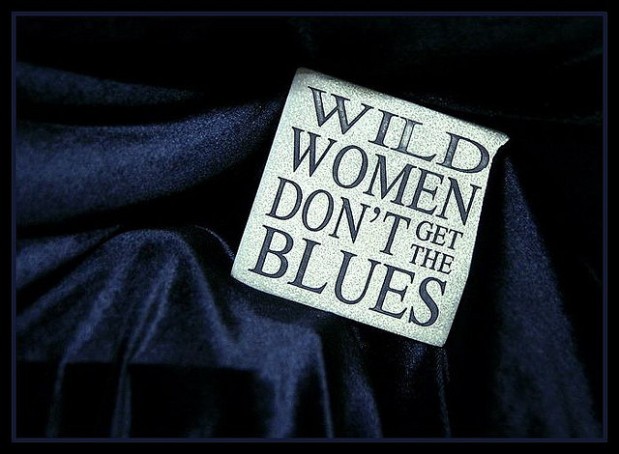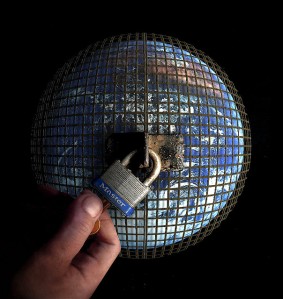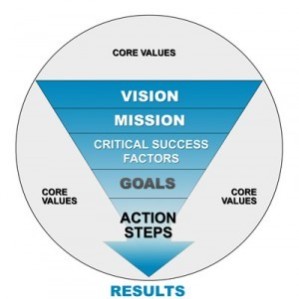There’s a brilliant scene in the 2015 movie “Concussion” when Dr. Bennet Omalu (played by Will Smith) realized he’s kicked a sleeping bear.
Dr. Omalu’s research shows the brutal damage of repeated hits from football, America’s classic pastime. He warned people not to play the game, a blasphemy for nearly every red-blooded American male and the extremely lucrative college and pro football industry. The movie was absolutely brilliant, and I’ve always believed Smith should have been nominated for an Oscar for his performance.
I’ve also always believed the first person who tells a hard truth pays a steep price. “Concussion” is an exploration of those uncomfortable truths and how society treats the people who speak with candor and honesty.
Truth isn’t welcomed when people don’t want to hear it.
Truth doesn’t always matter when it goes against the grain.
Truth – and the first people who speak it – will be shredded, vilified and discredited.
The first people who said smoking was bad for us were laughed out of the room, usually by smokers who had a cigarette smoldering in an ashtray on their desk.
Everyone smoked – in the office, at the bar, at home, in the car. Lighting a woman’s cigarette was flirtation, an important step in that age-old dance between lovers.
It took decades for the truth of smoking to emerge, years of training elementary school kids about its dangers, increased taxes to discourage purchases, and stricter limits where smoking was allowed.
And yet, truth always wins.
The parables we grew up with reinforce this concept. The Greek goddess Cassandra who would foretell the future but was never heeded or believed. Hans Christian Andersen’s folktale “The Emperor’s New Clothes” tells about a little boy who is laughed at and ridiculed for pointing out those new clothes really aren’t there.
Truth requires all of us to be the person who points out that the Emperor is not wearing any clothes.
The first person who speaks those uncomfortable truths must be prepared to pay the price. Unfair or not – it’s what will happen.
Truth requires honesty.
Truth requires a long game.
But it’s worth it.
Because truth always wins.








